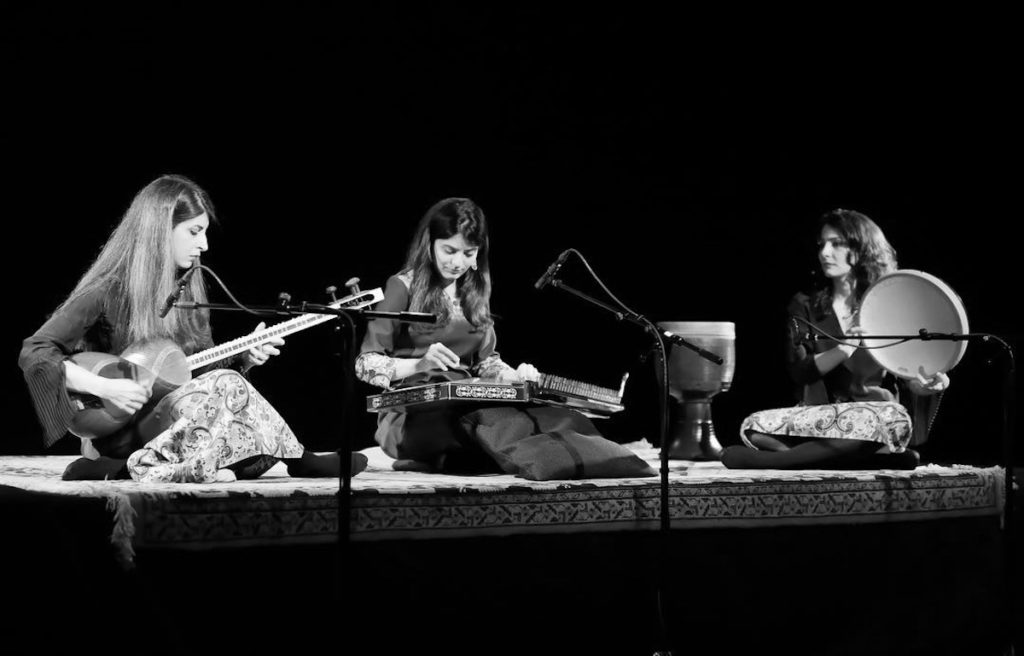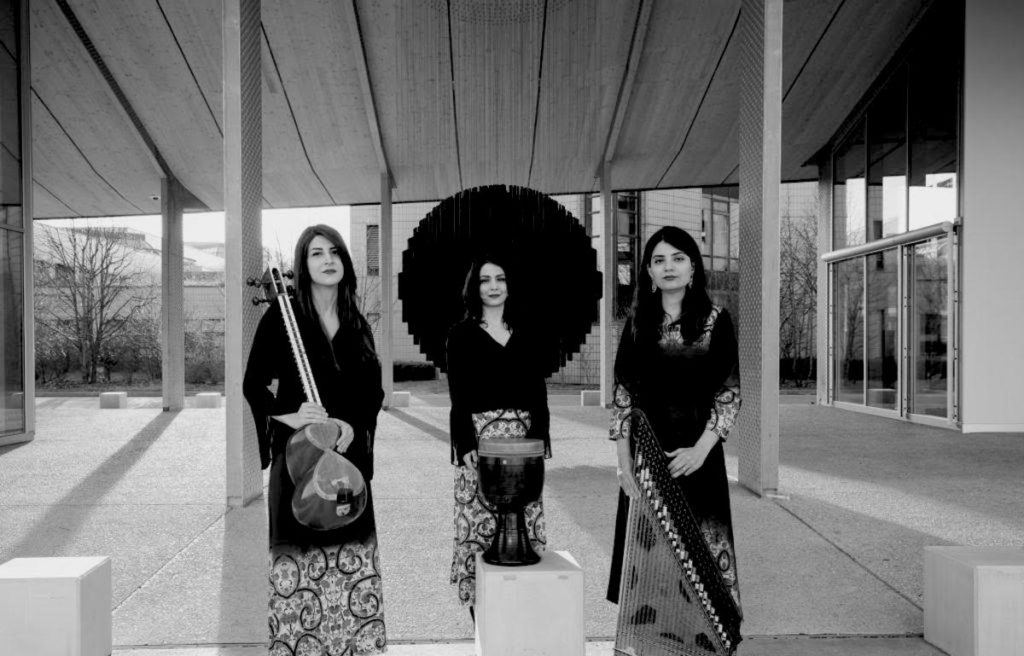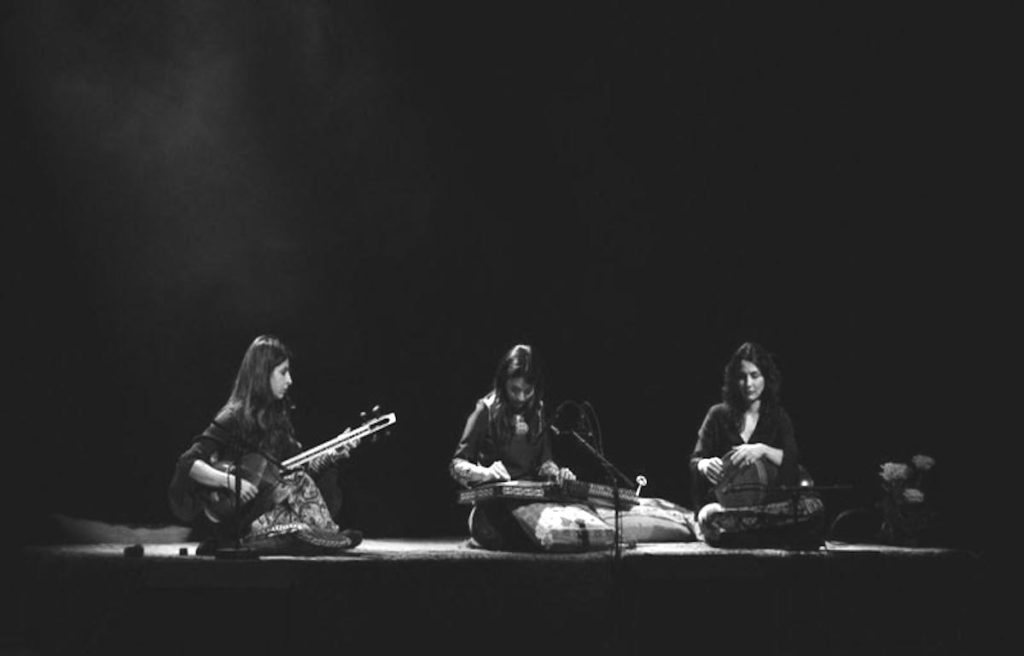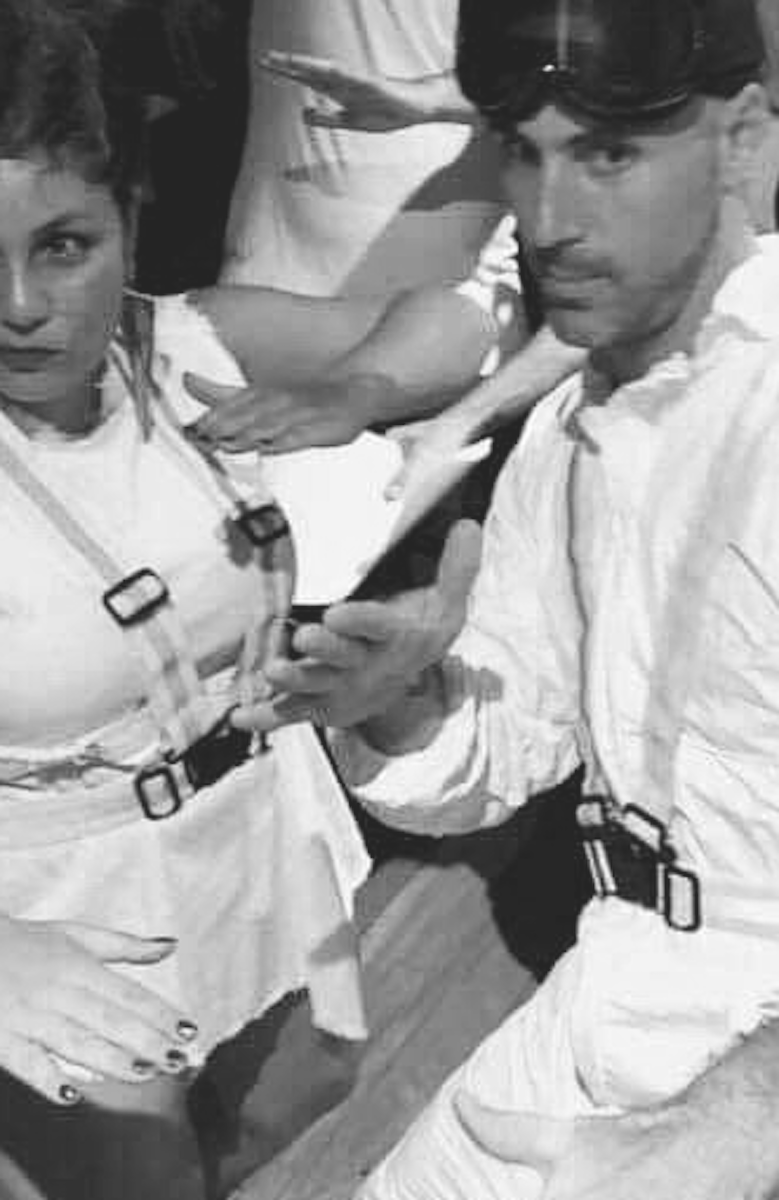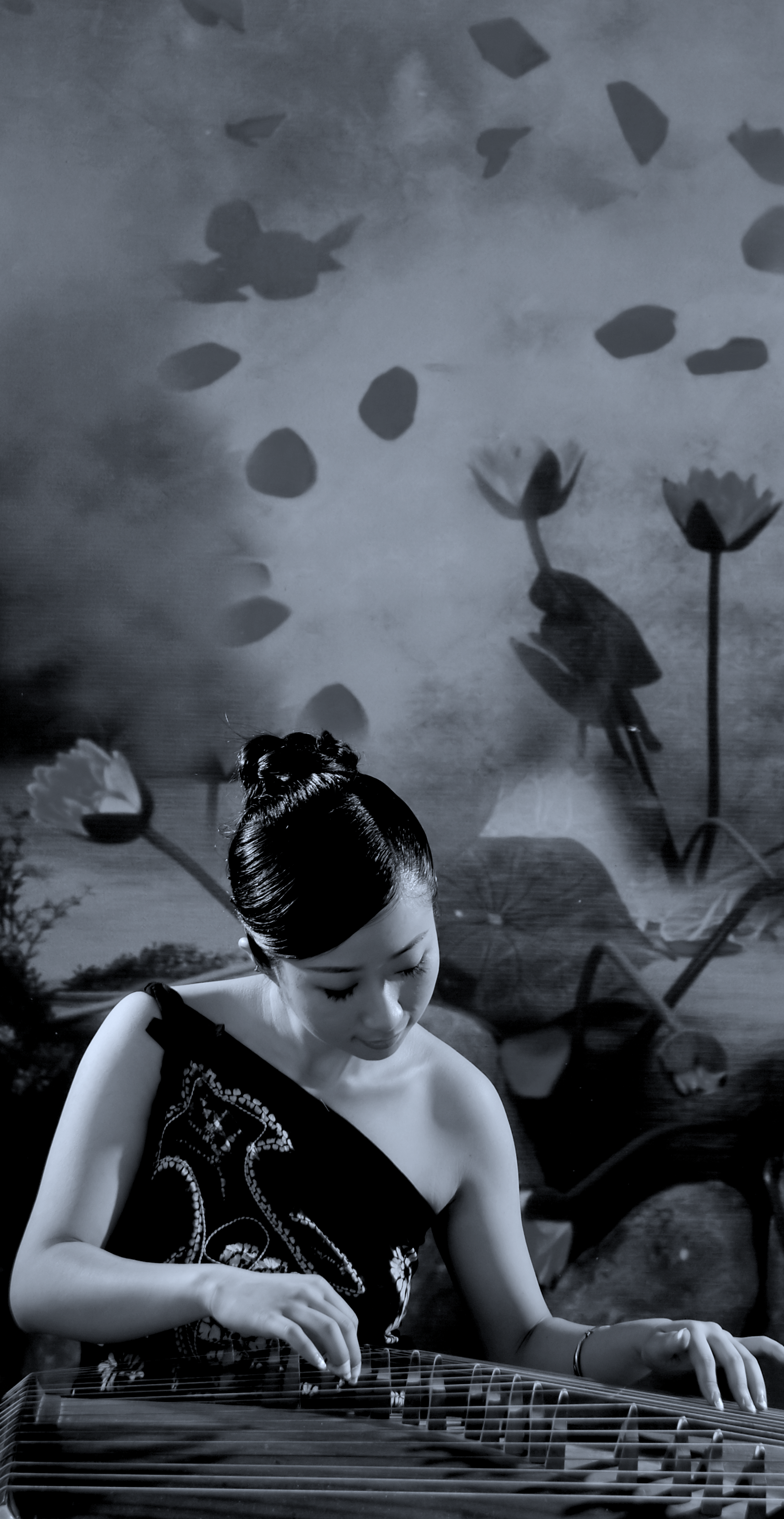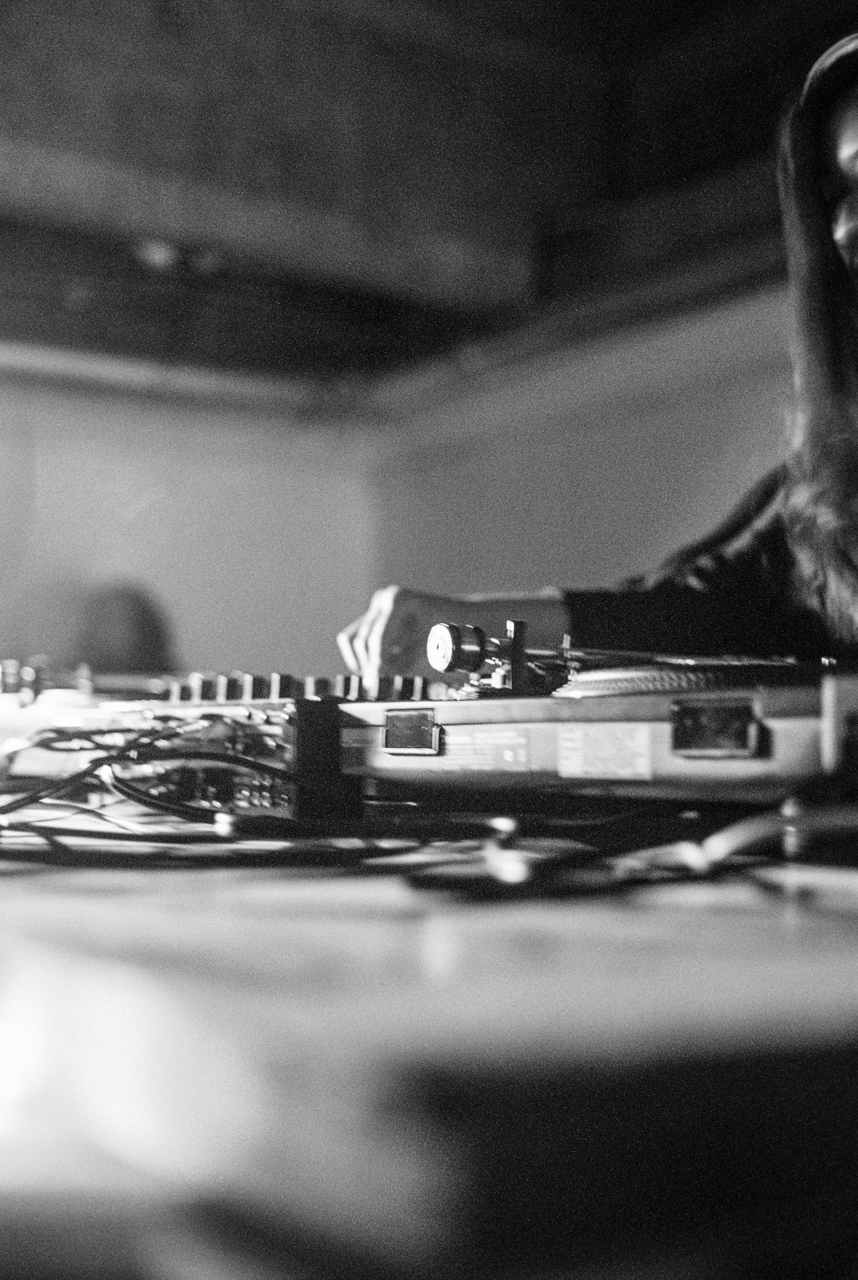CHAKAM
Melbournians enjoy some great perks in their home city: one of those is the ability to witness great art any day and night of the week. While many may associate Monday with the two-headed beast of weekend’s recovery and the rude awakening of the week ahead, this Monday offered us a rare opportunity to muse on the ancient beauties of Persian music. I found my edges of busy fatigue and overworked anxiety softened by the musical experience that I’m about to share with you…
Chakam ( حاكم or حكيم in Arabic or חכם in Hebrew – pronounced as hahk-ahm or hakeem) is a word of Semitic origin signifying the wise people, the rulers, the enlightened ( even associated with the rabbi or three wise men in religious spheres) and is used to describe the cultured and learned person. While my linguistic and etymological research leads to descriptions of male religious, spiritual and scholarly figures, it is a breath of fresh air to witness three sassy Persian women at the Church of All Nations in Carlton. They are Sogol Mirzaei on târ, a Middle Eastern lute-type instrument, Vahideh Eisaei , a player of qanun, a dulcimer-type instrument and Saghar Khadem, a percussionist, who in this concert appears on a Persian version of a darabuka-type instrument called tombak.
They start their performance sparsely and gently. They are the Queens of creating breathing space and a calming, reflective atmosphere. As a musician familiar with various styles of Balkan and Middle Eastern music I have heard a lot of qanun playing, and, have heard it used robustly, often in a domineering fashion. This is a new lighter shade of qanun orchestration: it is used thoughtfully and softly. Something about the frequent unisons or simple chordal relationships between the qanun and tar actually really gets under my skin: it opens me up and exposes…well, not exactly wounds, but something even simpler and subtler than this.
I remember my childhood, jamming with friends, my pack of girls, the first two friends with whom I played music, rode bikes and giggled with during sleep-overs. In the beginning I am compelled to listen with my eyes closed, but later I look up at those three women. I don’t just find their musicality and skill captivating: I love watching them be as they are together on stage, I love recognizing the “ensemble signals” as they wink and smile at each other foreshadowing various parts of the musical journey.
Their “trance like down-tempo” repertoire is punctuated by occasional solos: Khadem’s percussion playing stands out the most for me. I love that she is virtuosic, yet very casual… never playing too loudly, but rather exploring the sonorities and possibilities of the drum skin. Mirzaei, the tar player is fiery and displays more “robust” articulation in her playing style: she cuts off phrases and commences sections assertively and dynamically. Eisai, the qanunist, strikes me as the balancing force between the two others: she skilfully plays with shades of light and dark in her tonal colour range and deftly portrays both, the dramatic and more serene moods within this performance.
I love the relaxed mood that this concert puts me in, while also sending me on deep emotional journey. It’s almost a contradiction of moods, terms and experiences, yet that’s what it feels like. It allows me look at my own life, my little ups and downs with some kind of strangely still heart and a serene mind. I can’t help but fret that this feeling won’t last for much longer after this concert ends. But it’s here now, and I want to love it rather than worry about keeping it….
In terms of stage presence, there is symbolism to the fact that we see three musicians/performers. Often there are three characters, three obstacles, three chances to solve them or even three rules and conditions that we encounter in fairytales, in folklore, in mythology, in symbology. Three Deities, three Queens, as said before, three wise men, three kings, many threes await us on various doors that lead to the next phase and the next realm. These three Persian High Priestesses, encourage me with their music, prompting me to live, at least for a night, in a fairytale of my own invention. They point me towards the investigation of my own Allegorical Realm.
Be you phantoms, fairies, wise and enlightened beings, be you Goddesses or simply something I still can’t name or describe, I love you women of Chakam, I love you with all of my fairytale-ing, journeying and ascending heart.

